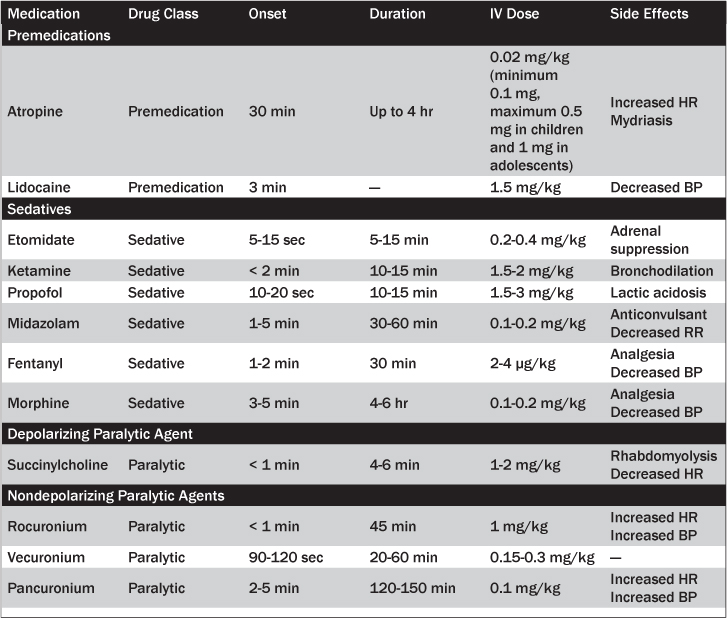
A humane and ethical approach to neonatal intensive care procedures demands the use of preemptive analgesia before planned painful procedures. The infants under our care are more likely to feel pain and more likely to have adverse long-term outcomes as a result of the serious pain that they experience during intensive care, than an adult in similar circumstances. There is no absolute proof that awake intubation adversely affects long-term outcomes in adults undergoing endotracheal intubation, but that is not used as an excuse for performing this painful and unpleasant act without premedication. The use of such agents does not require indisputable proof that they improve the long-term outcomes of the infants it is possible that they do not do so. Reducing pain is an ethical obligation for those providing care for newborn infants although nurses and physicians recognize that tracheal intubation of the newborn is a very painful procedure, they still frequently fail to provide any pain relief. The experience of being intubated is unpleasant and painful, and seriously disturbs the cardiovascular and respiratory status of the newborn. There is great variation in the frequency of premedication use for intubation, and in the medications used. Key Words: Bradycardia Endotracheal intubation Hypertension Hypoxia Newborn Pain PremedicationĮndotracheal intubation is a common procedure in newborn care. Intubations should be performed or supervised by trained staff, with close monitoring of the infant throughout. Based on current evidence, an optimal protocol for premedication is to administer a vagolytic (intravenous atropine 20 µg/kg), a rapid-acting analgesic (IV fentanyl 3 µg/kg to 5 µg/kg slow infusion) and a short-duration muscle relaxant (IV succinylcholine 2 mg/kg).

All newborn infants, therefore, should receive analgesic premedication for endotracheal intubation except in emergency situations. Perhaps more importantly, premedication decreases the pain and discomfort associated with the procedure. The use of premedication reduces the adverse physiological responses of bradycardia, systemic hypertension, intracranial hypertension and hypoxia.

Paediatr Child Health 2011 16(3):159-64 AbstractĮndotracheal intubation, a common procedure in newborn care, is associated with pain and cardiorespiratory instability. KJ Barrington Canadian Paediatric Society Fetus and Newborn Committee


 0 kommentar(er)
0 kommentar(er)
